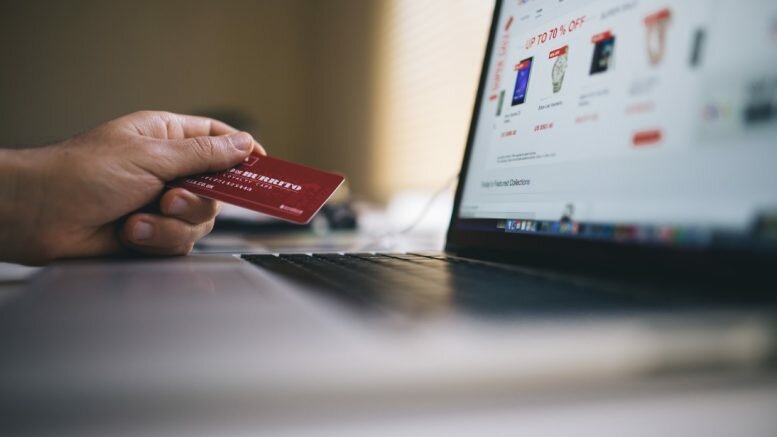ID theft is on the rise in Norway, how to avoid it?
About 150,000 Norwegians are annually affected by ID theft. The perpetrators use this information to scam, either you or a third party. The goal is usually financial gain. So how to avoid identity abuse?
The above figures come from the Norwegian Centre for Information Security (NorSIS). Stolen identities are used in most cases by the perpetrators in fraud cases, According to the information centre. NorSIS has been established by the Government to increase knowledge on information security in Norway.
“It does not, however, have to affect you directly,” Advisor of NorSIS, Ole Anders Ulsrud, tells Dinero.no.
“A scammer can use the information to defraud a store using a fake ID, or the information can be used for fraud through fake social media or e-mail profiles.”
He emphasises that it may take up to a year before you discover that the identity has been stolen. The scammer is usually looking for money or services that ultimately provide financial gain, despite the fact that the victim does not always suffer financial losses.
“One challenge is that many simply are not aware of how they lost control of their identity,” the adviser continues.
How you risk being exposed to identity theft
Most cases of identity theft occur because you have been unlucky; lost or misplaced personal information, and thus made it available to others. Perpetrators often actively seek this information.
“User information from hacked pages like LinkedIn or Yahoo! can be abused. You may be subject to phishing, lose your passport or bank card. You can trash securities or bank statements, dispose of a computer which is not adequately wiped clean, lose your phone, etc,” he explains.
If you have a mailbox that is available to others, you can be stripped of personal documents, securities and credit cards that can be abused, to name but a few. At the same time, online abuse is becoming more commonplace.
Tips to avoid ID theft
So how do you avoid getting your identity stolen? There are plenty of advices that you can follow. The most important thing is to be careful about where, and how, you leave personal information – both online and in everyday life.
“Be vigilant. If your personal information goes astray, you must deal with it asap,” Ulsrud tells Dinero.no.
Avoid identity theft online
- Do not provide personal information online unless it is absolutely necessary.
- Be careful about which do-follow links you click in emails and the like.
- Check if a business or site is legitimate before leaving personal information.
- Check if the website is encrypted before you shop online, or leave your personal details in general.
- Shop using credit cards for added security.
Avoid identity theft in everyday life
- Lock your mailbox. Switch to digital mailbox services whenever possible.
- Destroy personal documents before they are binned. Shredding is recommended.
- Avoid keeping extraneous personal information in your wallet/purse or on your person in general.
(Source: Ole Anders Ulsrud / nettvett.no/ Dinero.no)
What if I am already exposed to identity theft?
Despite the fact that people who are subjected to identity theft most often walk away scot free, it is a difficult and bureaucratic process to get out of trouble. For example, if a perpetrator has taken up unsecured credit or traded online in your name, you have to prove that it is not you who have done so.
“You must report the case. You can dispute claims that a creditor issue to you. If you have a sound case, the claim is waived. If there is evidence that it is you who have done so, on the other hand, it must be handled legally. That is a different kettle of fish.”
“There is no guarantee that it will not happen again; if your social security number is astray,” Ulsrud concludes
Nettvett.no has information and procedures if you are exposed to ID theft.
Facts about ID theft
ID theft occurs when someone acquires, transmits, possesses or appears as the lawful holder of personal information of an individual or company in an unauthorized manner, for the purpose of committing fraud or other crime
Identity fraud is the acquisition of money, goods, services and other benefits or avoidance of financial or other obligations by pretending to be another by using a fake identity
The Norwegian Information Security Centre (NorSIS) was established in 2002. It was founded as a member association in 2010. NorSIS is a defined part of the authorities’ national focus on information security. The independent organisation aims to increase knowledge and understanding of information security in Norway.
Related articles
Consider credit cards with deductible insurance to save money when renting a car this summer
Need not repay loans after ID theft
Hospital employee charged with theft of patient ID’s
More than 150,000 Norwegians have experienced identity theft
Man who mass-produced fake bank cards sentenced to jail
© #Norway Today










